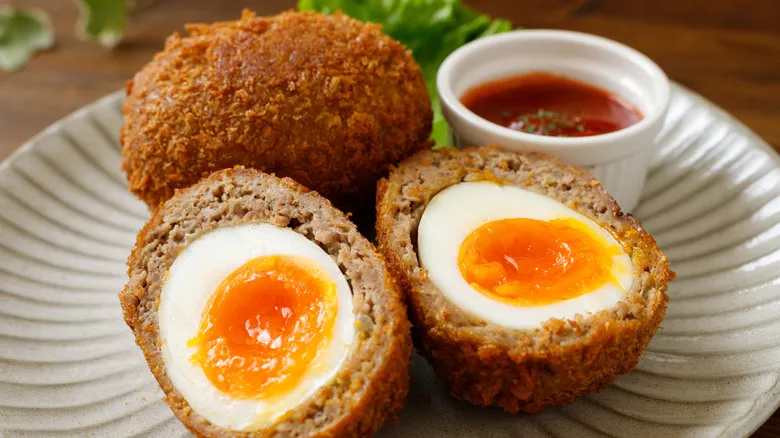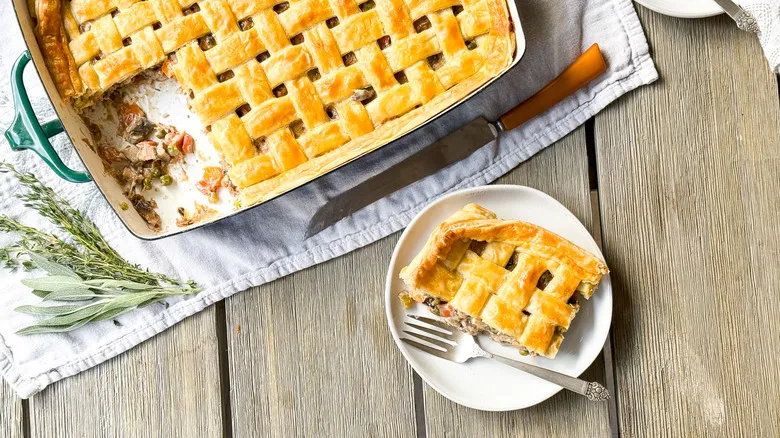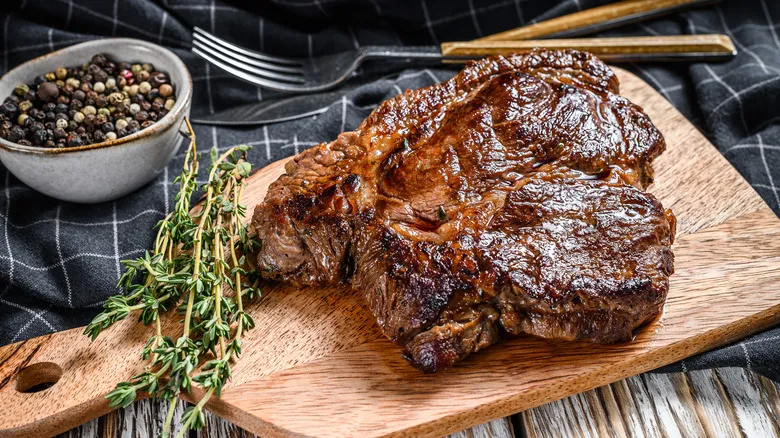Baking scotch eggs is less demanding
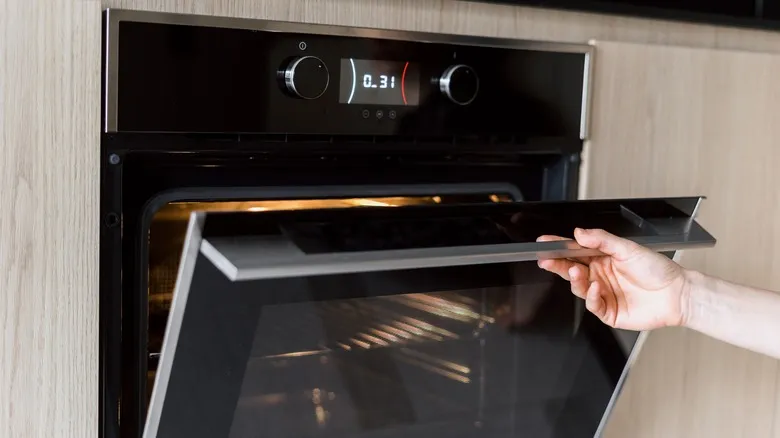
One advantage of baking scotch eggs instead of frying them is that it requires less effort on your part. When you bake, you can simply place the eggs in the oven and set a timer, allowing you to focus on other tasks in the kitchen or prepare accompanying dishes. In contrast, deep frying demands your constant attention to prevent any potential hazards during the cooking process.
Baking is also more economical, as it requires minimal oil—just a few sprays will suffice, and the oven will do the rest. On the other hand, deep frying necessitates large amounts of oil and a sizable pot to cook the eggs properly, along with any other fried items. Additionally, after several uses, you’ll need to discard the leftover oil, which often feels like a waste of resources.
Finally, we can't overlook the health implications. Generally speaking, fried foods tend to be higher in calories and fats compared to those prepared using other methods. Therefore, baking is a healthier choice for your scotch eggs.
A few downsides to baking scotch eggs
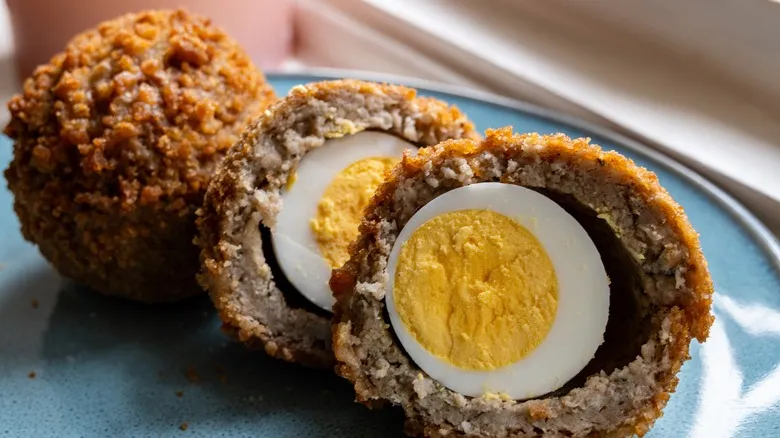
Baking scotch eggs has its advantages and disadvantages. One notable trade-off is the texture. While the oven creates a crispy coating, there's a distinction between crispy and crunchy. The baked version doesn't achieve the same level of crunchiness as the deep-fried one. It's true that frying in hot oil effectively dehydrates the outer layer of the egg. As moisture evaporates, the exterior crisps up, while a steamy layer forms around the food, allowing the inside to cook at a slightly lower temperature, which helps maintain its tenderness.
Moreover, baking takes significantly longer—20 to 30 minutes—compared to deep frying, which takes about 10 minutes or less. This longer cooking time often results in a hard egg yolk. While this may not be an issue for those who enjoy that texture or have mastered hard-boiled egg techniques, it can be disappointing for anyone who envisions a perfect scotch egg with a jammy or runny yolk.
Another area where baking falls short is in the appearance and shape of the dish. Since the baked eggs rest on a flat baking tray throughout the cooking process, they end up with a flat base, unlike the perfectly rounded ones produced by frying. Additionally, the breading doesn't achieve the same deep brown color as when deep-fried. Overall, baked scotch eggs are still tasty, and given their other benefits, they are certainly worth a try.
Recommended

Bean, Paste, Or Extract: What's The Best Vanilla For Your Cake?
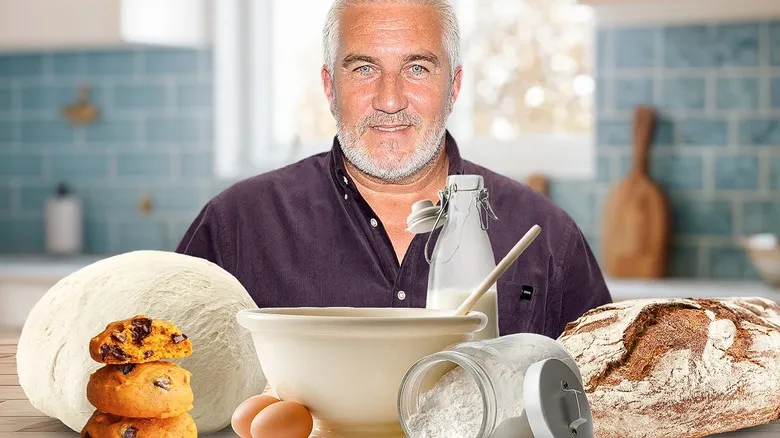
13 Baking Tips Paul Hollywood Swears By

Why You Should Start Baking Your Baking Soda
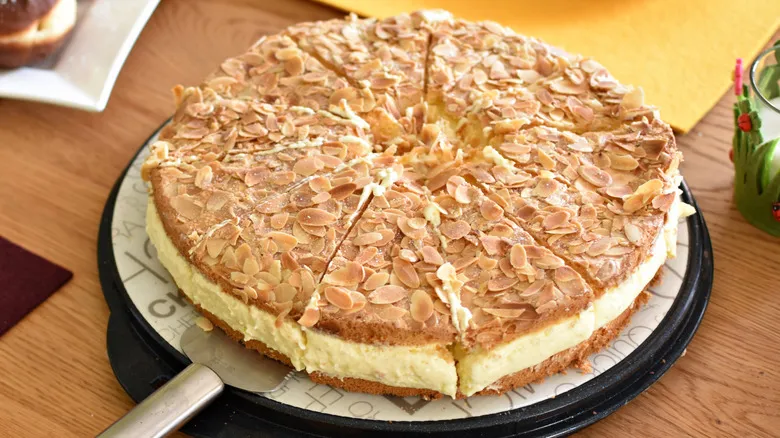
Bee Sting Cake Is The Perfect Way To Add A Something Sweet To Your Oktoberfest
Next up

